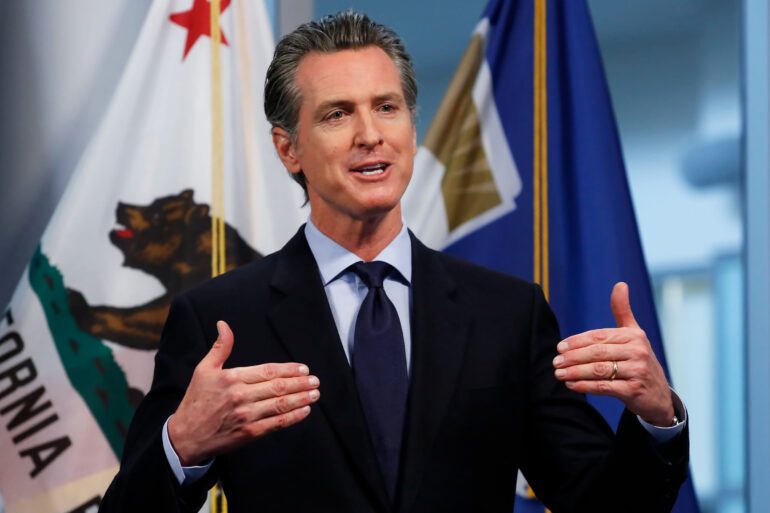TL;DR:
- California Governor Gavin Newsom calls for widespread GenAI training in the state.
- The report recommends GenAI education for state government workers to adapt to the GenAI economy.
- Goldman Sachs predicts that GenAI will impact 300 million jobs globally.
- California aims to position itself as a leader in AI training and business attraction.
- The report suggests starting GenAI education at higher education institutions and vocational schools.
- The OECD identifies high-skill white-collar jobs as most exposed to AI disruption.
Main AI News:
California Governor Gavin Newsom’s call for statewide generative artificial intelligence (GenAI) training has ignited a push for Californians to proactively equip themselves with cutting-edge GenAI skills. Newsom’s vision, as detailed in a recent report, emphasizes the necessity of providing access to GenAI education and training opportunities for residents of the Golden State.
In alignment with this vision, the report recommends that California agencies step up to offer GenAI training programs to state government employees, utilizing state-approved GenAI tools to ensure equitable outcomes. This proactive approach is deemed vital in light of the looming employment challenges brought to the forefront by recent GenAI reports.
One such report, originating from Goldman Sachs, paints a stark picture by forecasting that GenAI will have a global impact on 300 million jobs. Despite the potential gains in productivity, the scale of this transformation is impossible to ignore. Consequently, the report underlines the imperative role of the state in facilitating worker training, thereby fostering an environment that encourages businesses to establish themselves and hire within the state of California.
The report also advocates for the initiation of GenAI education initiatives at higher education institutions and vocational schools. This strategic move aims to cultivate a skilled workforce ready to engage actively with the AI-driven economy.
The international landscape has been abuzz with discussions regarding AI’s influence on employment, with The Organisation for Economic Co-operation and Development (OECD) releasing a report on July 12. This comprehensive study highlights that “high-skill, white-collar jobs” are particularly vulnerable to AI disruption. In addition, it identifies areas where AI progress is most pronounced, centering on “non-routine, cognitive tasks such as information ordering, memorization, and perceptual speed.”
Conclusion:
The California government’s push for statewide GenAI training reflects a proactive stance in preparing its workforce for the AI-driven future. This commitment not only addresses the challenges posed by AI disruption but also positions California as a leader in cultivating a skilled workforce ready to contribute to the evolving market dynamics driven by artificial intelligence.

